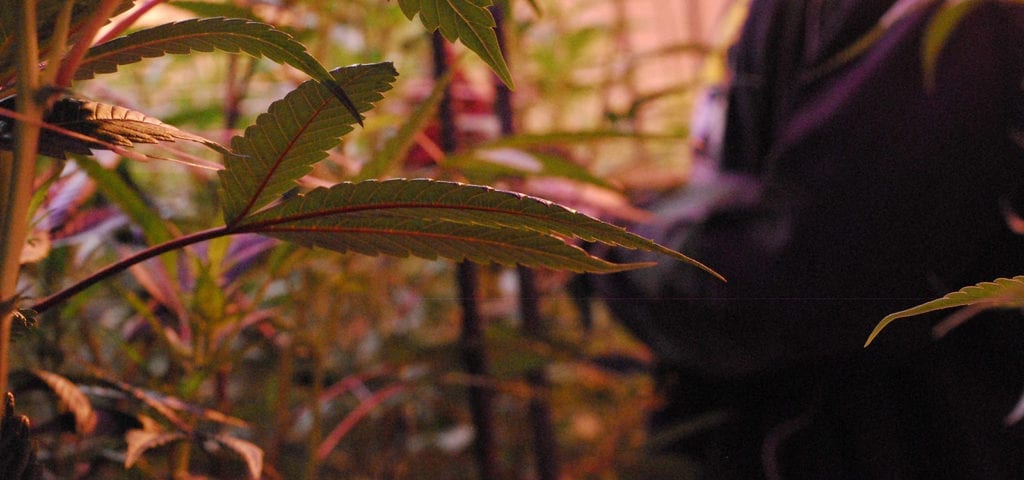The bid by an Aurora, Colorado licensed cannabis company to prevent the IRS from investigating whether it violated federal drug trafficking law was defeated by the U.S. Court of Appeals Tenth Circuit who ruled that the company could not enjoin the agency from auditing the business due to previous case law, specifically Lowrie v United States, 1987, and the federal Anti-Injunction Act, according to a report from Forbes.
Green Solution Retail Inc., argued that they would suffer “irreparable harm” if the IRS were allowed to continue their investigation because “a denial of deductions would deprive it of income, constitute a penalty that would effect a forfeiture of all of its income and capital, and violate its Fifth Amendment rights.”
The IRS contended that the Anti-Injunction Act prevents lawsuits “for the purpose of restraining the assessment or collection of any tax;” Lowrie prevents tax deductions for personal, living, or family expenses. In the cannabis space, businesses file their taxes under IRS Code 280E which denies legal cannabis businesses the ability to make deductions allowed by federally-approved businesses.
Kyle Speidell, president of The Green Solution LLC, said the company was “of course disappointed” by the decision but planned to continue “aggressively” pursuing “all remedies on this matter in opposition to the IRS.”
“An IRS position we might add which gives full voice to former Supreme Court Chief Justice John Marshall’s admonition that ‘the power to tax is the power to destroy,’” Speidell said in the report. “We fully intend to prevail in the court of law as we have and continue to do in the court of public opinion.”
The company could try to bring the matter to the U.S. Supreme Court who overruled Lowrie in Direct Marketing Association v. Brohl, 2015; however, the Tenth Circuit concluded it was still bound by the Lowrie case.
